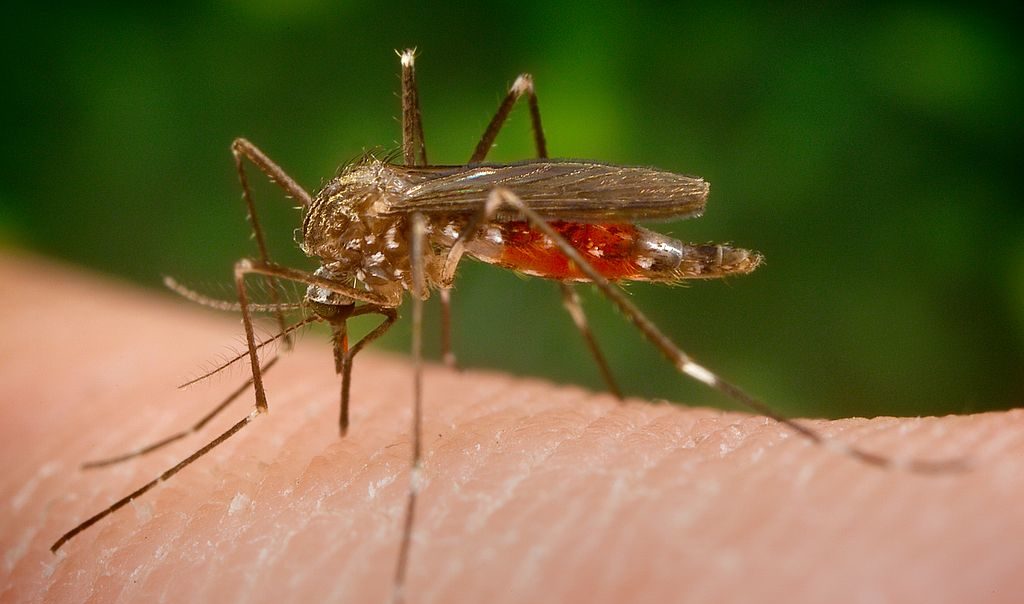Mosquito borne diseases refer to illnesses caused by viruses that are transmitted to humans through the bites of infected mosquitoes. Some of the major mosquito borne diseases include dengue, malaria, chikungunya, Zika, yellow fever, among others. The growing prevalence of dengue, malaria, and Zika viruses worldwide has propelled the demand for efficient prevention and treatment of these diseases. According to WHO, there were about 228 million cases of malaria reported globally in 2018. Moreover, approximately 96 million cases of dengue were reported in 2019. The rising cases of such mosquito borne illnesses have highlighted the need for effective diagnostic tools and vaccines to curb their spread.
The Global Mosquito Borne Disease Market size is estimated to be valued at US$ 3.59 Bn in 2024 and is expected to exhibit a CAGR of 7.5% over the forecast period 2024 to 2031, as highlighted in a new report published by Coherent Market Insights.
Market key trends:
The growing cases of dengue, malaria and Zika viruses have prompted increased research and development activities focused on developing novel drugs and vaccines for prevention and treatment of these diseases. For instance, substantial progress has been made in developing Zika virus vaccines. In September 2022, National Institutes of Health initiated a late-stage clinical trial of a Zika virus vaccine candidate developed by Emergent BioSolutions and VBI Vaccines. The trial will evaluate the vaccine’s efficacy and safety in preventing Zika disease. Furthermore, several diagnostic kits and devices have been launched for rapid diagnosis of mosquito borne diseases at point-of-care. This is expected to enable early detection and treatment, reducing disease transmission.
SWOT Analysis
Strength: Mosquitoes causes severe diseases such as dengue fever, malaria, zika, and chikungunya which necessitates preventive measures and effective treatments thereby driving the market growth.
Weakness: Mosquito-borne diseases are highly dependent on climate and environmental factors which can affect the spread and incidence of diseases in different regions every year.
Opportunity: Increasing awareness about mosquito-borne diseases and their preventive measures is driving the adoption of mosquito repellents, nets, sprays, vaporizers, and other therapeutic drugs.
Threats: Development of insecticide resistance in mosquitoes poses a major threat to controlling the diseases. Climate change is also a key challenge as it is expanding the geographical reach of certain vector mosquitoes.
Key Takeaways
The global Mosquito Borne Disease Market is expected to witness high growth at a CAGR of 7.5% during the forecast period of 2024 to 2031. The market size is estimated to reach US$ 3.59 Billion by 2024.
Regional analysis: Asia Pacific region currently dominates the market and is expected to maintain its lead position during the forecast period due to high disease prevalence in tropical countries such as India and Indonesia. Growing medical infrastructure and awareness programs in the region will further augment the market size.
Key players: Key players operating in the mosquito borne disease market are Masimo, Medtronic Plc, Nihon-Kohden Corporation, GE Healthcare, Koninklijke Philips N.V., Hill-Rom Services, Inc.,Smiths Medical, Nonin, MICROTEK, OSI Systems, Inc. Honeywell International Inc., Promed Technology Co.Ltd., Beurer, Contec Medical Systems Co., Ltd., ChoiceMMed, CONMED Corporation, Stryker, Medline Industries, Inc., Curbell Medical Products, Inc., and Ecomed. These players are focusing on new product launches and strategic collaborations to strengthen their market position.
*Note:
- Source: Coherent Market Insights, Public sources, Desk research
- We have leveraged AI tools to mine information and compile it


